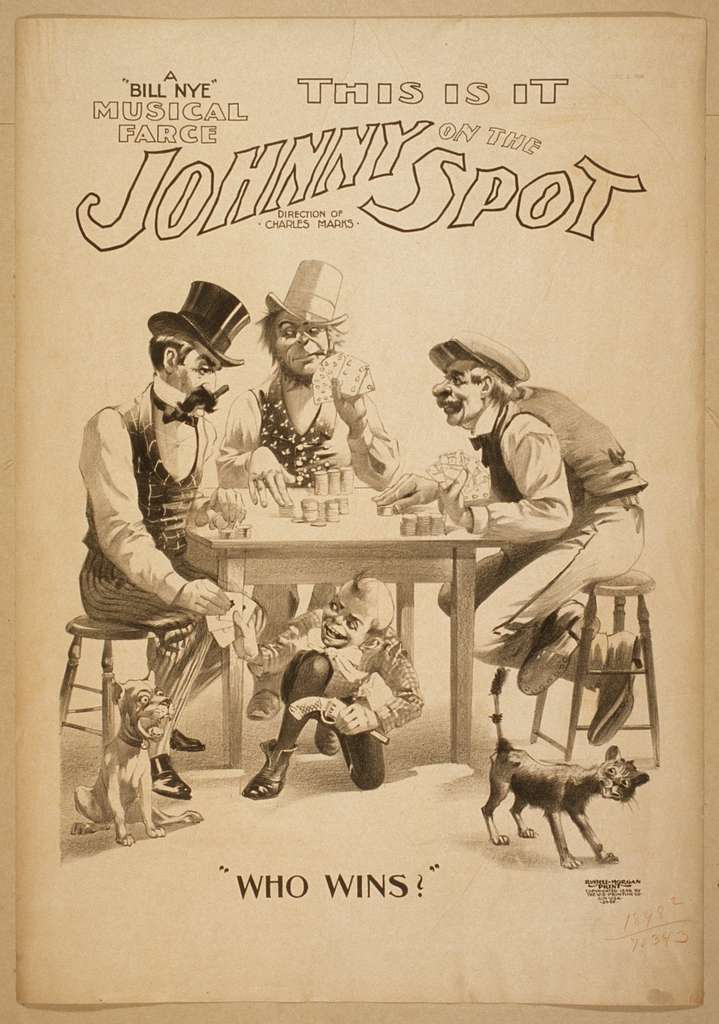
- Two bills to legalize Minnesota sports betting are moving through committees
- Both would legalize in-person and online sports betting in the state
- Biggest roadblock to legalization is still the state tribes and racetracks
Two Minnesota sports betting bills are quickly moving through the legislature. That’s good! However, the biggest roadblock that has derailed sports betting talk in the state is still very much in play this year with no compromise in sight. That’s bad!
Two bills, SF 3803 (Minnesota Sports Betting Act 2.0) and HF 2000, both of which would legalize Minnesota in-person and online sports betting, have been inching their way to their respective chamber floors since their introduction this month.
Despite the progress, sports betting legislation has faltered over the past several years due to a fundamental disagreement between state racetracks and state tribes on who should control sports betting. Minnesota Tribes believe they should have sports betting exclusivity in the state, as do Minnesota professional sports teams, but racetracks believe they should also be allowed to hold sports betting licenses.
Tribes Support HF 2000
Rep. Zack Stephenson’s (DFL-Coon Rapids) sports betting bill, HF 2000, has carried over from last year’s session and was recently approved by the House Human Services Committee last week. It has been moved on to the State and Local Government Finance and Policy committee.
The bill gives Minnesota tribes exclusive control over retail and online sports betting in the state. Representatives for Minnesota horse tracks opposed the bill last year and have continued their opposition into this year, citing the potential damage sports betting would do to the horse racing industry in Minnesota.
The bill taxes sports betting at a 10% rate on net revenue.
There are 11 federally recognized Tribes in Minnesota. Four Dakota Tribes have reservations south and west of Minneapolis and St. Paul, while seven Ojibwe/Chippewa reservations are located north of Minneapolis and St. Paul. The Tribes own and operate 19 casinos in the state.
The following tribes will be eligible to offer retail and/or online sports betting if the bill is approved:
- Bois Forte Band of Chippewa
- Fond du Lac Band of Lake Superior Chippewa
- Grand Portage Band of Chippewa
- Leech Lake Band of Ojibwe
- Lower Sioux Indian Community
- Mille Lacs Band of Ojibwe
- Prairie Island Indian Community
- Red Lake Nation
- Shakopee Mdewakanton Sioux Community
- Upper Sioux Community
- White Earth Nation
In a letter sent to the House committee last week, the Minnesota Indian Gaming Association threw its support behind the legislation.
“Were HF2000, as currently drafted, to become law, MIGA tribes believe the resulting mobile and retail markets operated by Minnesota’s Tribal Nations would not only support tribes, but would also provide a well-regulated and accessible market for the state’s sports bettors and a competitive market that is important to our state’s professional sports teams and market partners,” Andy Platto, Executive Director of the Minnesota Indian Gaming Association, wrote.
Minnesota professional sports franchises also support this bill.
Sports Betting Act 2.0
Sen. Jeremy Miller (R-Winona) introduced SF 3803, the Minnesota Sports Betting Act 2.0, on Feb. 15 to the Senate. It was referred to the Senate State and Local Government and Veterans Committee.
The bill calls for retail and online sports betting licensing opportunities to Minnesota’s 11 tribal nations, but also allows state racetracks and/or professional sports stadiums to operate retail sports betting on their premises.
The two state racetracks and professional sports stadiums cannot hold licenses of their own, but will be able to partner with a tribe to offer retail sports betting at their facilities.
His bill sets a 15% tax rate on sports betting revenue and will provide for charitable gaming tax relief for local charities, attract major sporting events to the state, boost horse racing, provide problem gambling resources, support youth sports, and facilitate athlete education programs.
According to the act, 15% of sports betting tax revenue would be appropriated to the Minnesota Racing Commission for grants to be awarded to licensed racetracks.
Minnesota sports betting enthusiasts have been eagerly following the progress of several bills in the state legislature that could potentially legalize sports betting in the Land of 10,000 Lakes.
Currently, there are multiple bills being considered by lawmakers that would allow for sports betting to be regulated and taxed in Minnesota. One of the main bills, HF 1278, was introduced by Representative Pat Garofalo and has gained significant traction in recent weeks. The bill would allow for both in-person and online sports betting at licensed facilities, such as casinos and racetracks.
Another bill, SF 1894, was introduced in the Senate by Senator Roger Chamberlain and also seeks to legalize sports betting in Minnesota. This bill would allow for online sports betting through a mobile app, as well as in-person betting at licensed facilities.
Supporters of these bills argue that legalizing sports betting would bring much-needed revenue to the state, as well as create jobs and boost tourism. They also point to the fact that neighboring states like Iowa and Illinois have already legalized sports betting, making it easy for Minnesotans to cross state lines to place their bets.
Opponents of the bills have raised concerns about the potential negative impacts of legalizing sports betting, such as increased problem gambling and addiction. They also argue that the state should focus on other priorities, such as education and healthcare, rather than expanding gambling options.
As the debate over sports betting continues in the Minnesota legislature, it remains to be seen whether any of these bills will ultimately be passed into law. However, one thing is clear – the appetite for legal sports betting in Minnesota is strong, and lawmakers will need to carefully consider the potential benefits and drawbacks before making a decision.
